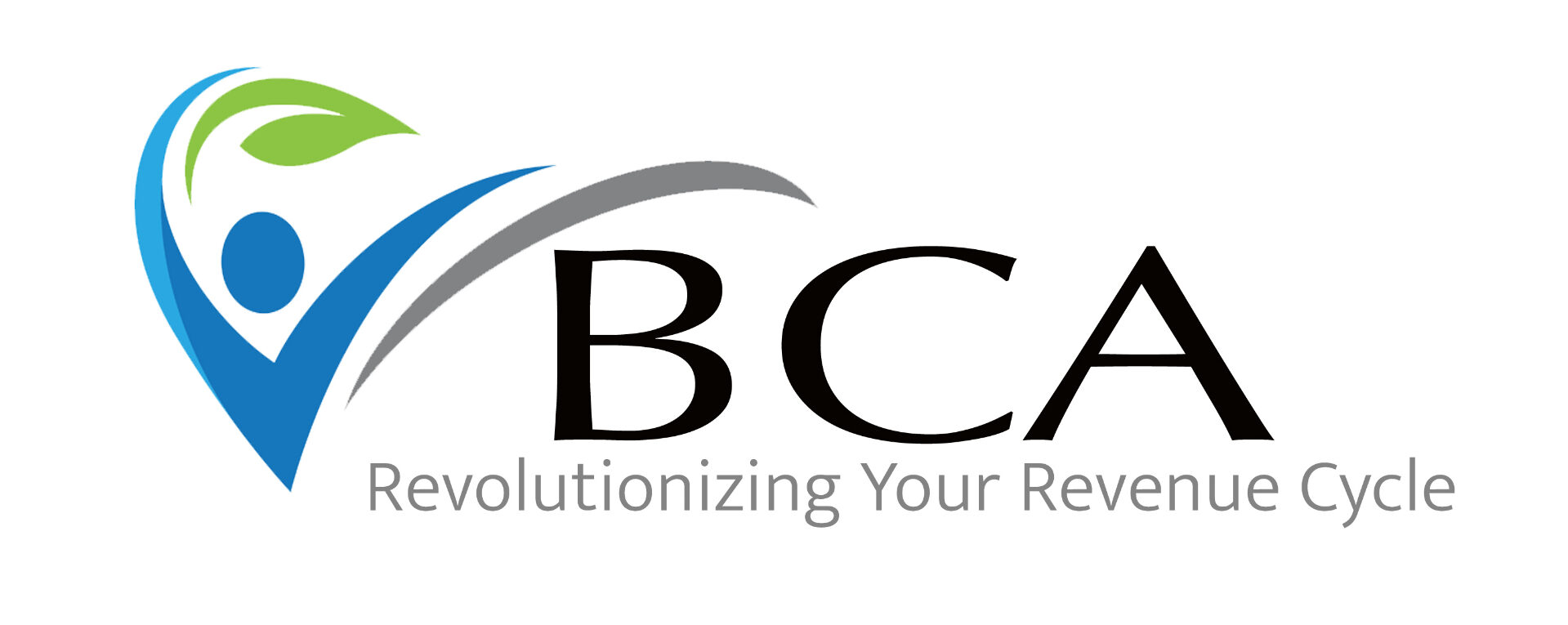Documentation is more than a record of care—it’s a legal and compliance cornerstone. That’s especially true when it comes to timely authentication and meeting FTCA (Federal Tort Claims Act) standards.
Imagine this: the patient you saw yesterday ends up in the ER today and dies of a heart attack. Your note from the visit is still unsigned. Even if your care was appropriate, the late authentication could open you up to malpractice claims—and FTCA protection is not guaranteed in this scenario.
Whether you’re a new provider or a seasoned clinician, understanding the expectations for signing notes promptly—and avoiding backdating—is essential for patient safety, payer audit defense, and legal protection.
What Is Timely Authentication?
A note is considered timely authenticated when it is signed by the provider within a short period after the encounter, typically on the same day or within 24–48 hours.
Why it matters:
- Ensures the record accurately reflects the encounter.
- Confirms that clinical decisions were made at the appropriate time.
- Helps avoid audit and compliance issues.
Authorities including AMA, AAFP, AAP, AAPC, AHIMA, CMS, and CDC all emphasize timely signing to protect both patients and providers.
FTCA-Specific Guidance
For providers covered under FTCA, documentation carries additional weight. FTCA coverage is the liability shield that protects FQHC providers—but it comes with strict compliance expectations.
- No backdating: Notes must reflect the actual date of creation.
- Addenda only for updates: If changes are needed after the visit, clearly document them as an addendum with the date and signature.
- Transparency always: Make it clear what was added, why, and when—never overwrite the original entry.
Failure to follow these requirements can weaken your defense and even jeopardize FTCA protection.
Risks of Unsigned or Backdated Notes
Delays or shortcuts in authentication can create serious compliance and legal risks:
- Credibility issues: Notes may be challenged as altered or unreliable.
- Audit red flags: Regulatory reviewers often flag inconsistent dates and unsigned records.
- Legal exposure: Backdating can appear as an attempt to conceal care decisions.
- Care gaps: Delay in authentication may affect follow-up or continuity, especially in complex cases.
Tips for Timely, FTCA-Compliant Documentation
- Sign notes on the same day or within 24–48 hours of the encounter.
- Never backdate entries.
- Use addenda for updates and clearly mark them with date, time, and signature.
- Ensure timestamps reflect the actual creation and signing of notes.
- Educate your team and have policies reflect FTCA and documentation expectations.
- Build EHR alerts or auto-reminders for unsigned notes.
- Monitor unsigned note reports as part of compliance reviews.
- Incorporate timely authentication into onboarding and annual training.
Bottom Line
Timely authentication is more than a workflow requirement—it’s your statement that the note accurately reflects your professional judgment and patient care. For FTCA-covered providers, following proper signing and addendum practices ensures your documentation is defendable, compliant, and clinically accurate.
If your organization needs support aligning documentation workflows with FTCA compliance, BCA’s auditing and education services can help.
Are you concerned about the compliance of your documentation? Contact us today for actionable, educational feedback that strengthens both your clinical accuracy and legal protection. Click here to view our calendar and schedule a time that works for you.
Next in the Series:
September 9 – Understanding 99211: The Misunderstood Code
Sign up for our mailing list and follow along for more Back to Basics insights. http://eepurl.com/ihek1L
